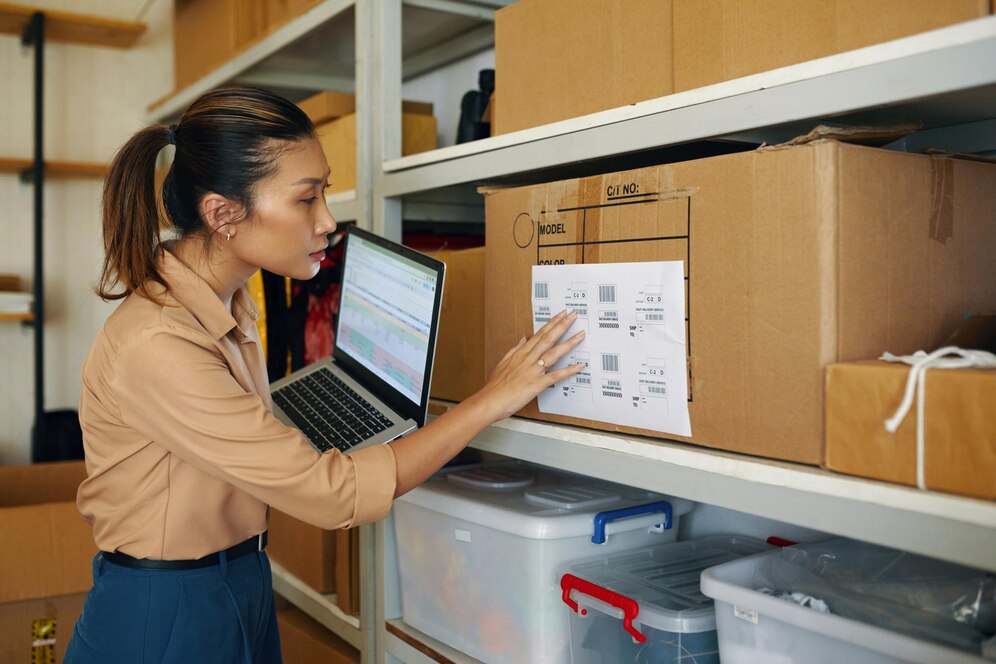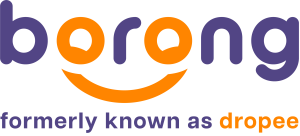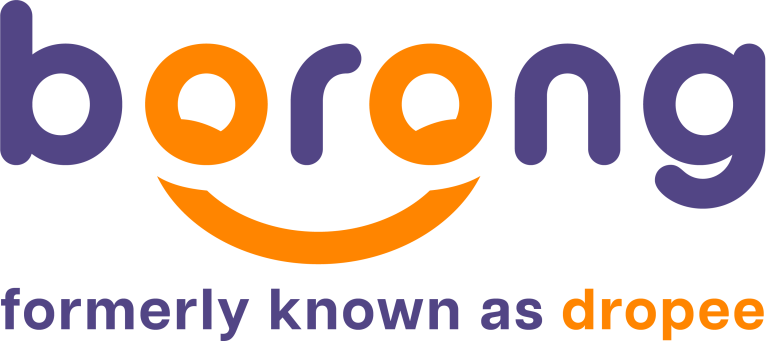Looking to accelerate your business growth? Understanding the wholesale meaning could be the game-changer you’ve been missing.
Wholesale is more than just bulk buying and selling. Behind this system lies a powerful distribution strategy that can strengthen your supply chain and streamline purchasing efficiency. In today’s digital era, running a wholesale business is more flexible and full of untapped opportunities.
But how exactly does the wholesale system work? And what are the advantages for B2B players like you? Let’s explore the definition, types, and proven strategies for succeeding in wholesale in the digital age.
What Is the Wholesale Meaning in Business?
In simple terms, wholesale refers to the sale of goods in large quantities to businesses that then resell those products to end consumers. This differs from retail, which involves selling directly to individual customers without intermediaries.
Understanding the wholesale meaning is essential for business owners, as it offers significant cost efficiency and simplified distribution. By distinguishing it from retail, you can better align your purchasing and sales strategies.
How Wholesale Works in Trade
In the business world, the wholesale meaning goes beyond bulk transactions. It includes an organised distribution system that plays a crucial role in ensuring product availability at various retail points—both small and large scale.
Typically, the wholesale process begins with manufacturers supplying large quantities of products to wholesalers. These wholesalers then distribute them to retailers, ensuring the products reach end consumers efficiently.
The key benefit? A streamlined supply chain. Wholesalers bridge the gap between producers and retailers, maintaining steady stock levels and reducing supply disruptions.
Today, three major types of wholesale systems are commonly used:
- Traditional Wholesale – Selling goods directly from physical warehouses or markets.
- Modern Wholesale – Using central warehouses and advanced logistics networks.
- Online Wholesale – Leveraging B2B e-commerce platforms like Borong Market.
A core feature of wholesale is lower unit pricing for bulk purchases. This model helps both online and offline business players achieve higher profit margins and better inventory planning—making operations more efficient and cost-effective.
Also read: Strategies for Malaysian Retailers to Increase Value
Different Types of Wholesale Every Business Owner Should Know

In wholesale trade, recognising the various types of wholesale models is crucial to tailoring your distribution strategy to your business needs.
1. Traditional Wholesale
This model involves purchasing directly from manufacturers and selling to retailers without middlemen. Traditional wholesalers typically operate large warehouses and manage their own stock. It’s still widely used in physical markets, especially for daily necessities.
2. Wholesale Dropshipping
Here, the seller doesn’t store any inventory. Instead, they act as a middleman between the supplier and the buyer, with fulfilment handled directly by the supplier’s warehouse. This model is ideal for online businesses with limited capital, as it removes the need for logistics management.
3. Niche Wholesalers
These specialists focus on specific product categories such as organic foods, professional kitchenware, or restaurant supplies. Their targeted approach allows them to provide better service and high-quality products tailored to their market’s needs.
Also read: Inventory Management Tips for Wholesalers
Buying Wholesale Products Efficiently
Purchasing through the wholesale system is a smart move for business owners looking to reduce production costs. Bulk buying offers significantly lower unit prices compared to retail, which boosts profit margins and strengthens market competitiveness.
To access wholesale services, businesses often need to meet specific administrative requirements. Many platforms require legal documents such as business licences or official registration. This ensures all transactions occur between legitimate business entities and helps maintain a trustworthy wholesale ecosystem.
Planning is key when buying wholesale. From selecting the right products for your target market, negotiating favourable prices, to arranging efficient logistics—each stage demands a clear understanding of how wholesale works. By mastering the wholesale meaning at every stage, you can streamline your operations, save time, and increase long-term profitability.
Advantages and Challenges of Wholesale Business
One of the greatest advantages of wholesale is the ability to purchase at significantly lower prices than the market average. Building direct relationships with manufacturers can also foster long-term trust and unlock exclusive deals.
However, running a wholesale business is not without challenges. High capital requirements and the risk of overstocking are common concerns. Additionally, intense competition among wholesalers means you’ll need strong marketing strategies and effective business management to stand out.
Proven Strategies for Wholesale Success

To thrive in an increasingly competitive environment, wholesale business owners must adopt smart and sustainable strategies. Here are key tactics to stay ahead:
1. Partner with Reliable Suppliers
Work with suppliers who maintain consistent product quality and delivery timelines. A trustworthy business relationship opens the door to better pricing negotiations and access to exclusive product lines.
2. Optimise Stock and Distribution Systems
Efficient inventory management prevents losses from overstocking, damage, or expiration. Timely deliveries also improve customer satisfaction and boost loyalty.
3. Maximise Digital Marketing
Harness the power of social media and online wholesale platforms to reach a broader business audience. A strong digital presence helps you scale faster and increase B2B sales effectively.
Also read: Wholesaler in Malaysia? Avoid these E-commerce Mistakes
Wholesale in the Digital Age
More and more businesses are turning to online wholesale platforms to meet their procurement needs. These platforms offer purchasing efficiency, real-time stock monitoring, and access to a wider range of products.
Digitalisation in the supply chain also increases transparency and accuracy in logistics. This trend opens up vast opportunities for wholesalers to reach more customers quickly and efficiently.
Optimise Your Wholesale Strategy with Borong
Understanding the wholesale meaning and how it works is crucial to growing any product-based business. Acting as a bridge between manufacturers and retailers, the wholesale model ensures supply consistency and enhances profitability.
In the digital era, business challenges such as logistics and market competition can be solved with the right tools. Borong offers an all-in-one solution to simplify your wholesale operations—from stock management and order tracking to distribution automation.Empower your wholesale business with Borong and experience streamlined growth, better efficiency, and smarter operations.
Ready to take your business to the next level? Get in touch today and see how Borong can help.


